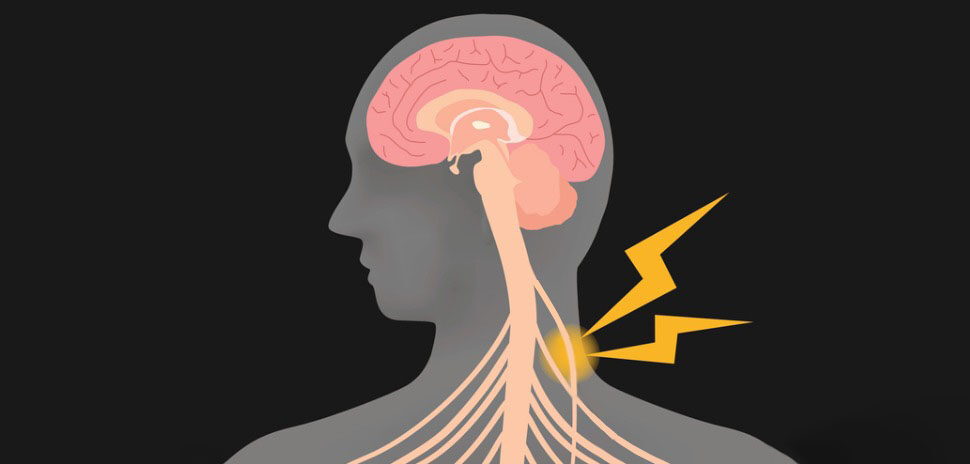Dallas-based biopharma ImmuneSensor Therapeutics has appointed Thomas W. Dubensky Jr., Ph.D., as president and chief executive officer and a member of the board of directors, effective immediately.
ImmuneSensor is a clinical-stage biotherapeutics company focused on the development of best-in-class small molecule inhibitors and agonists of the cGAS-STING pathway to address indications in inflammation, autoimmunity, and oncology. ImmuneSensor Therapeutics was founded through licensing of technologies developed in the laboratory of Dr. Zhijian ‘James’ Chen at UT Southwestern Medical School.
“I believe that ImmuneSensor’s technology and capabilities provide unparalleled ability to drug and realize the broad therapeutic potential of targeting the cGAS-STING pathway to develop novel medicines to address diverse, significant inflammatory and autoimmune diseases, and cancer,” Dubensky said in a statement. “I’m excited to have the opportunity to lead the talented ImmuneSensor team and to work with Dr. Chen as we expand and advance the company’s proprietary small molecule pipeline of novel cGAS inhibitors in inflammatory conditions as well as the ongoing randomized Phase 2 clinical trial of our STING agonist in solid tumors.”
Expert in discovery, development, and clinical translation of innovative treatments
Dubensky is a veteran biopharma executive and entrepreneur with a track record of strategic leadership in both private and public companies, and ImmuneSensor said he brings significant expertise in the discovery, development, and translation of novel small molecule-, biologic- and vector-based therapies, having led teams advancing several first-in-human drug candidates.
Most recently, Dubensky was the founding CEO of Tempest Therapeutics, joining the company in 2017.
Earlier in his career, he held roles leading discovery biology, development, and clinical translation in cancer immunotherapy and infectious disease indications at multiple biotech companies, including Viagene, Chiron, Onyx, Cerus, Immune Design, and Aduro. Dubensky has an extensive publication and patent record, including work on the biology and the development of small molecule drugs targeting the cGAS-STING signaling pathway in cancer and immunity.
“Tom brings significant scientific and leadership experience in drug development, and we are delighted to welcome him as CEO. We look forward to working with Tom to advance therapies that have the potential to address patients’ unmet medical needs in diverse therapeutic areas,” Jet Li, co-founder, chairman of the board and former CEO, said in a statement.
The breakthrough discovery of the cGas-STING pathway
ImmuneSensor said that Chen’s laboratory discovered the cellular enzyme cGAS (cyclic GMP-AMP synthase) and its product cGAMP (cyclic GMP-AMP), which in turn activates STING (Stimulator of Interferon Genes), leading to the production of type-I interferons and other cytokines that can shape an effective adaptive immune response but can also cause pathologic inflammation and autoimmunity. Chen, also an investigator of Howard Hughes Medical Institute and a member of the National Academies of Sciences and Medicine, is a recipient of multiple awards for his fundamental discoveries of the cGAS-STING pathway, including the 2019 Breakthrough Prize in Life Sciences.
The company said that the detection of cytoplasmic DNA plays a critical role in immunity, provoking a complex immune cascade that works to protect the body. One of the key pathways in this powerful innate immune system is the cGAS-STING pathway, which works to detect both foreign and host-derived cytoplasmic DNA produced as a result of infection or cell damage due to malignancy or inflammation, ImmuneSensor said. The cGAS-STING signaling pathway provides important therapeutic targets for the potential treatment of autoimmunity, inflammation, and cancer.
ImmuneSensor said that in autoimmune diseases, the innate immune response is overactive and lacks the ability to distinguish between its own cells and foreign cells resulting in aberrant attacking of normal cells. ImmuneSensor’s inhibitor molecules are being designed to inhibit the cGAS-STING pathway to reinstate immune homeostasis.
Testing novel treatments
The company said it is preparing to advance its orally available small molecule cGAS inhibitor, IMSB-301, in a study in healthy volunteers this year. The results from this Phase 1 trial will position the company to evaluate IMSB-301 in Phase 2 studies across diverse therapeutic areas, such as Type-I interferonopathies, diabetic kidney diseases, age-related macular degeneration, and eventually other autoimmune disorders and neurodegenerative diseases.
In cancer, the cGAS-STING pathway, once activated and engaged, can stimulate endogenous antitumor immunity, the company said.
ImmuneSensor said its lead clinical asset, IMSA101, is a novel small molecule STING agonist designed with a unique “defense-sensing” mechanism that increases antitumor immunity and stimulates cytokines to turn “cold” tumors to “hot”. Extending completed Phase 1 monotherapy and immune checkpoint inhibitor combination studies, the company is currently evaluating IMSA101 in combination with radiation and checkpoint inhibitors in two proof of concept Phase 2 clinical trials in patients with solid tumor malignancies (NCT05846659, NCT05846646). ImmuneSensor said it is the first company to advance a novel STING agonist to a randomized Phase 2 clinical study.
![]()
Get on the list.
Dallas Innovates, every day.
Sign up to keep your eye on what’s new and next in Dallas-Fort Worth, every day.




































































